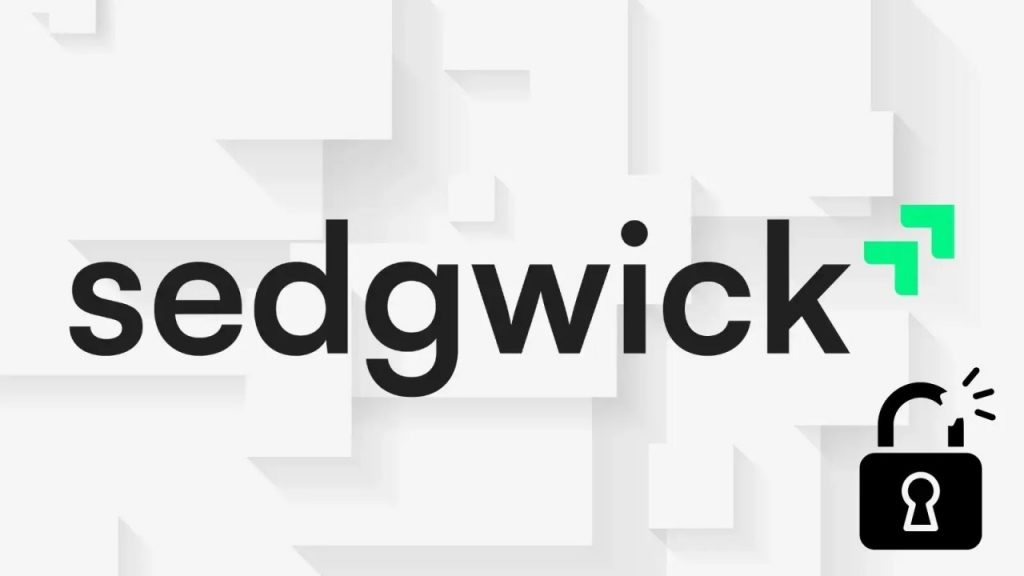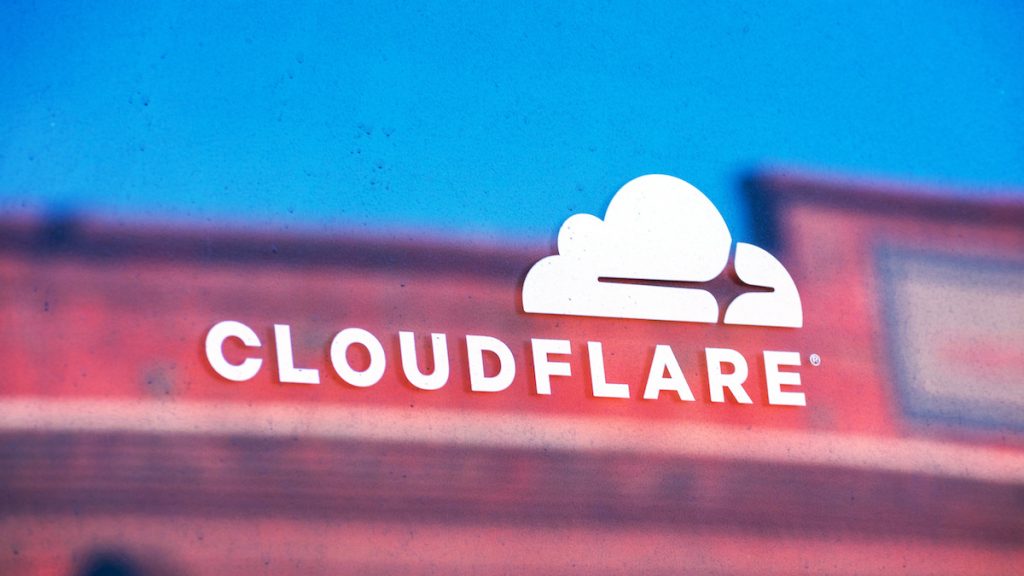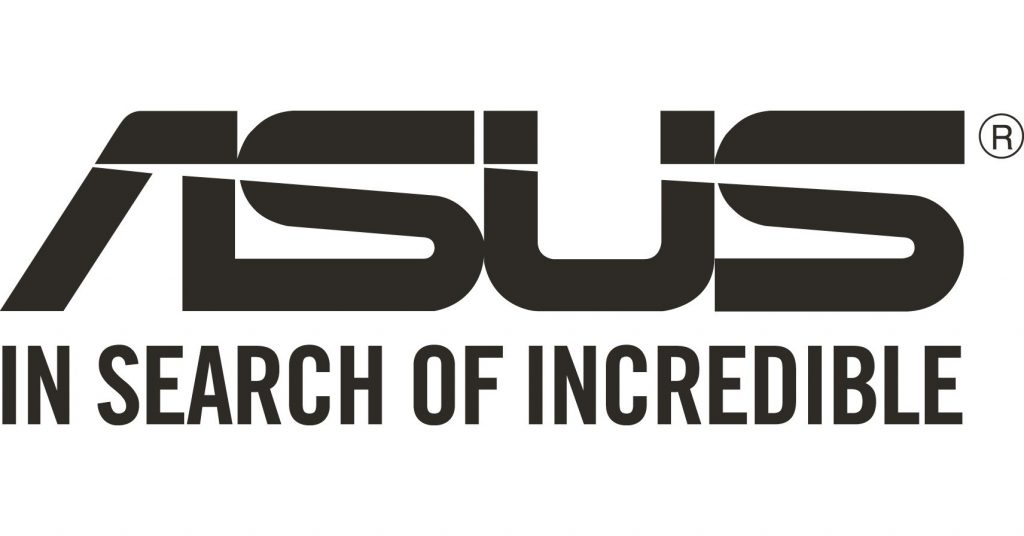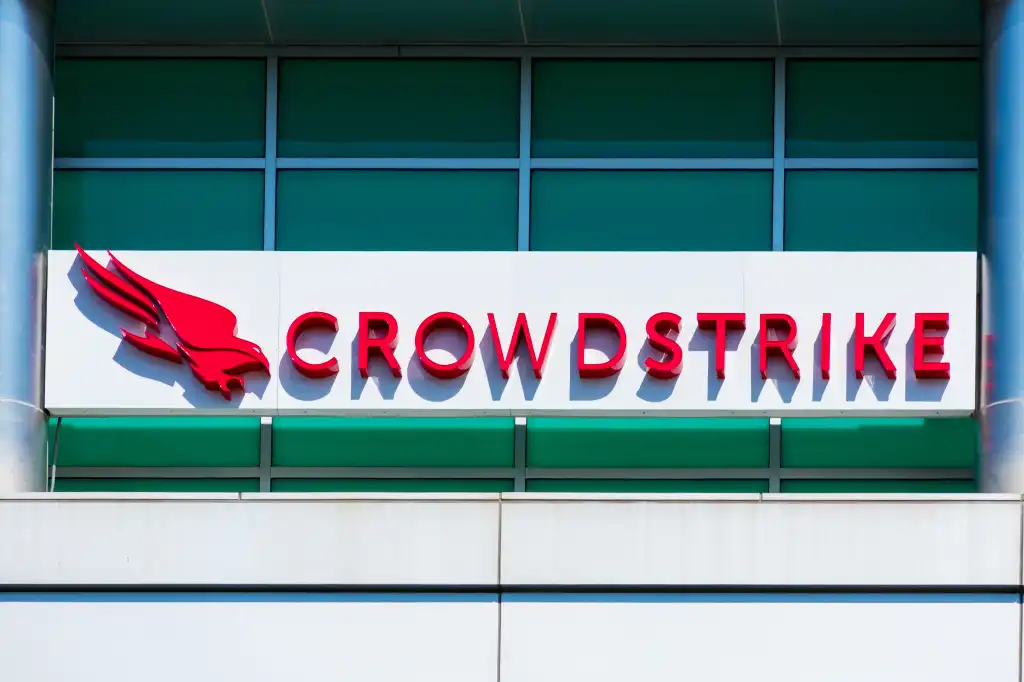
The French national bank account registry (FICOBA), a state agency which manages a registry of all bank accounts in France, said on February 18, 2026 that it has suffered a cyberattack, allowing hackers to gain information on over 1.2 million bank accounts. A hacker was using stolen credentials belonging to a government official to gain access.
Leaked data included bank account details including RIBs/IBANs, account holder identity, physical address, and in some cases also Taxpayer identification number.
Authorities quickly pulled FICOBA offline, restored access, and are notifying affected users.
Read more about it here.









